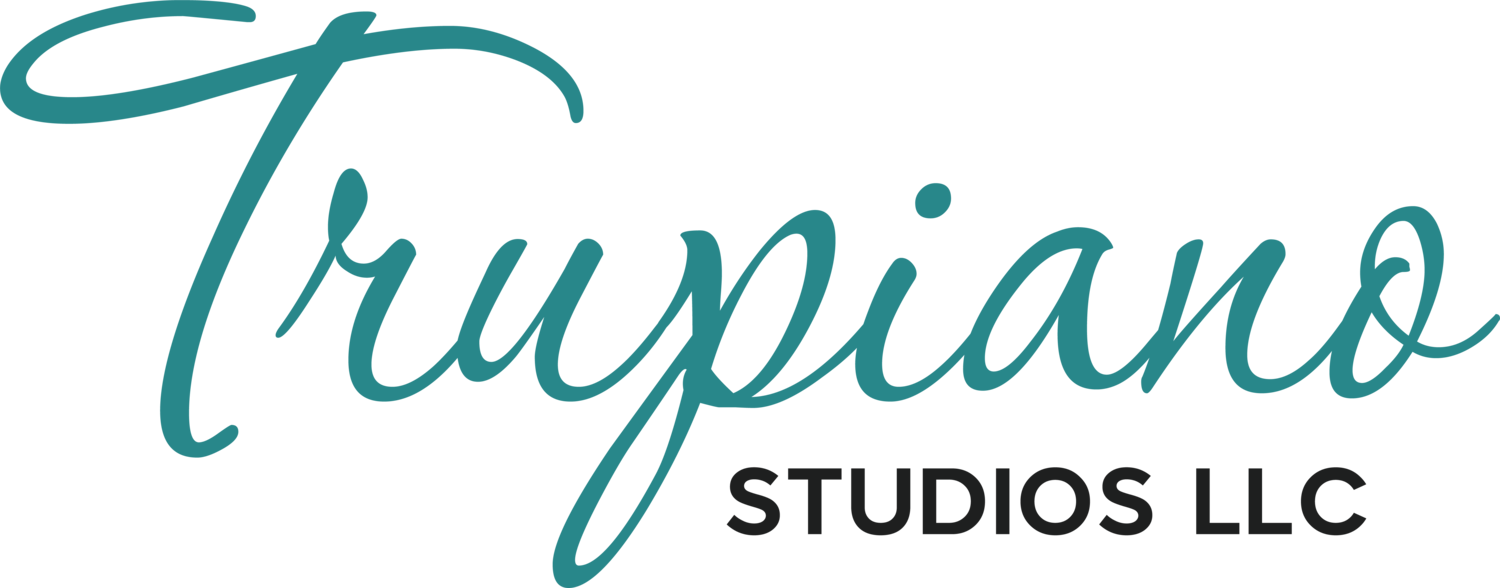frequently asked questions
-
If you’ve ever wanted to improve your musical abilities you’ve come to the right place. Private lessons in piano or voice can be a great next step for anyone seeking to grow as a musician. Each student brings something unique to the table and lessons are designed to reflect individual needs. Students will learn every week how to strengthen weak areas, encourage good habits, cultivate creativity, and develop individual expression.
-
Although I have years of experience teaching a wide variety of ages, I now specialize in certain age age groups. I accept piano students between the ages of 5-18 and voice students between the ages of 10-18.
The “right” age to start private piano or voice lessons varies widely with each individual child. I am able to determine if a student is ready for private lessons with me after just a few sessions together, or if they would be better off waiting another 6-12 months before continuing with lessons.
-
Teaching hours are Tuesday, Wednesday, and Thursday from 3-6, Friday from 3-5:15, and Saturday 9:15am-12:15pm. The studio is open for lessons 40 weeks during the year. View the studio calendar to see all the weeks lessons are available this semester.
-
Piano students will need to have a way to practice between lessons which means having regular access to a piano. For beginning students, a keyboard is fine to start with - something with at least 61 keys and weighted action is preferred.
Voice students have the advantage of constant access to their instrument, but will need something to record exercises during lessons and to practice with at home, like a handheld digital recorder or the Voice Memos app for iPhone.
You can find some of my recommended resources for students here. The cost of new books and sheet music is included in tuition, saving each student between approximately $35-100 per year.
-
Once a month, students have the opportunity to come together in small groups for a workshop in which they play music theory games, practice performing for an audience, develop critical thinking skills through peer feedback, and build a feeling of community within the studio.
Attendance at workshops is required after a student has completed their first three months of lessons. Workshops are available to students September-May. The cost for workshops is included in studio membership.
-
Throughout the year, there are various in-house contests where students can compete to win gift cards and other prizes. Studio membership includes several performance opportunities throughout the year and students are encouraged to collaborate on duets for recitals and perform original works.
Students also have access to summer camp activities in June, and can sign up for additional Summer Enrichment Courses in June and August to work on supplemental skills they may be interested in, including songwriting, music notation, and learning how to use a digital audio workstation.
-
I get it - summer is busy! I’ve spent years figuring out solutions designed to help students enjoy time off with their families, experience fun musical learning outside of our regular weekly lesson model, and not have to worry about being penalized for traveling or forgetting to practice during the summer months.
Services provided in June are a regular lesson during the first week of the month, End of Year recital participation, and up to three summer camps. Private lessons are available as well for interested students. In July, the studio is closed for four weeks - no monthly payment, no lessons. Regular payments and lesson schedule resume for the new year in August.
-
Nope! All students learn classical/traditional technique and work on pieces in classical styles but we also study many other styles so that students can experience new genres and expand their musical horizons.
In addition to art songs, folk songs, classic Broadway, and foreign language, vocal students also work on commercial Broadway, jazz, Contemporary Christian Music, pop, and any other contemporary styles they’re interested in singing.
Piano students learn works from the Baroque, Classical, Romantic, and Contemporary eras, as well as pop arrangements, lead sheets, film scores, self-accompaniment, and wherever else their musical interests take them.
-
Only if you want to get better! There are about 10,000 minutes in a week which means less than 1% of a student’s time is spent working on music in lessons. The more you put into your music education, the more you’ll get out of it. Parents often play a very important role in helping younger students develop good practice habits. We’ll work together to figure out a reasonable and achievable practice schedule that works for you. Once you build some momentum with practicing and see the results of your hard work paying off, you won’t want to stop!
-
Developing the confidence to share your music with others is one of the greatest and most satisfying achievements in studying an instrument. Music has always been meant to be shared! Because I feel that performing is such an indispensable musical (and life) skill, at least one performance a year is required from students after their first six months of lessons. We’ll work together to grow your confidence and bank positive experiences so that you can enjoy sharing your music and celebrating your progress with the people who support you the most. Students are highly encouraged to take advantage of as many performance opportunities as possible, and have multiple options available to them throughout the year in various venues and formats.
“I consider it a great privilege to be entrusted with the musical journey of those I get to teach. My private voice and piano instructors have been among the most influential people in my life, not only guiding my musical development, but also providing trustworthy friendship, professional mentorship, and teaching me about the kind of person I wish to be. It is my joy to step into that legacy.”
